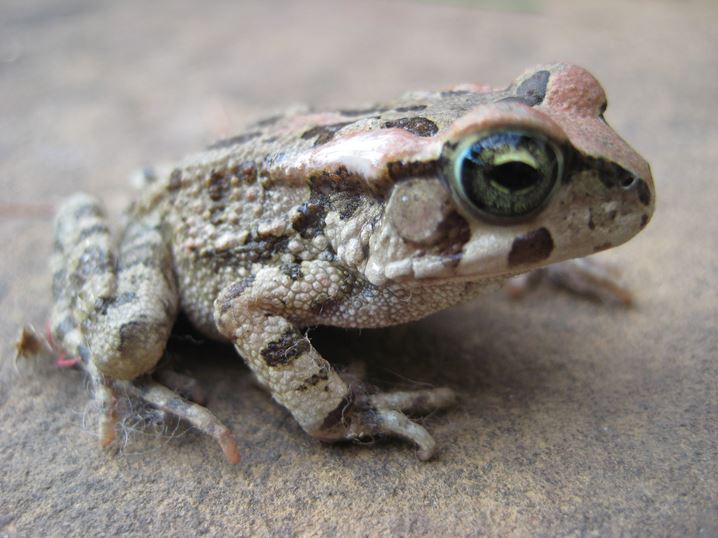
DAAD-RISE opportunity
Are you a German student who wants to spend up to 3 months working in South Africa?
Read more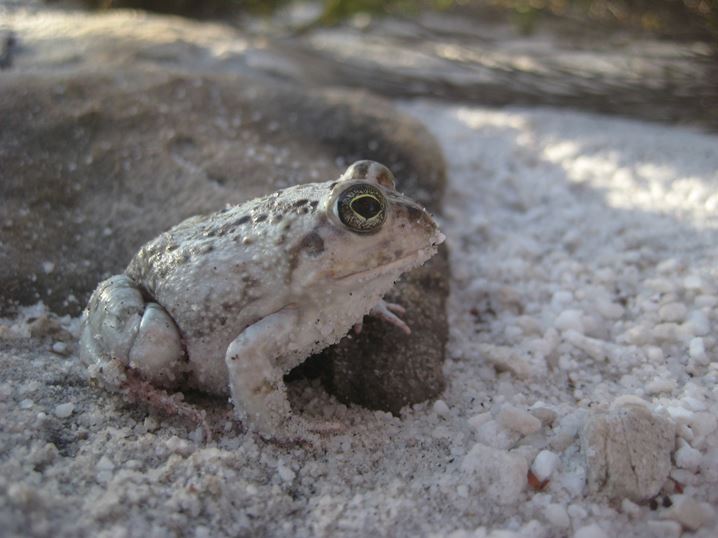
Population genetics of Cape frogs
South Africa has an amazing diversity of frogs, but those from the Cape region...
Read more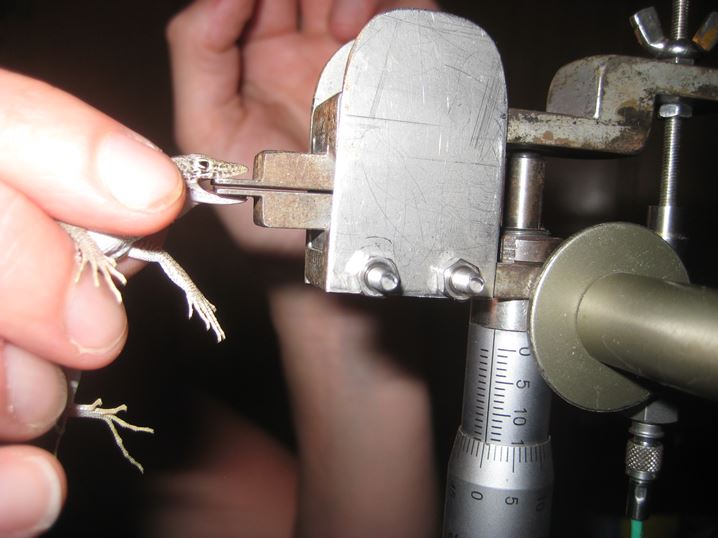
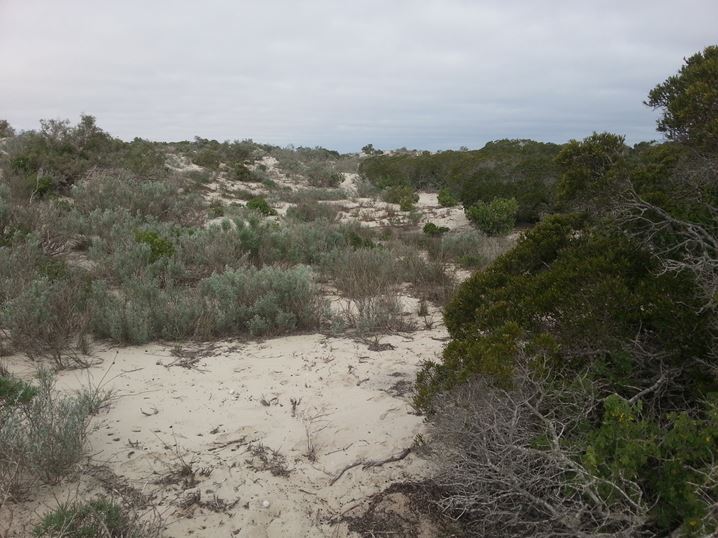
Life Histories of Amphibians in Deserts
Amphibians have an amazing range of life-histories from those that deposit thousands of eggs...
Read more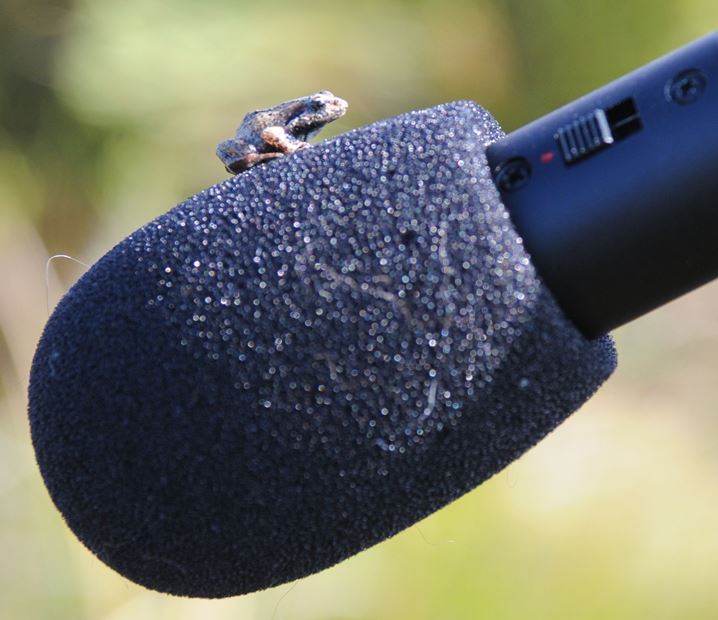
The Future of Frog Monitoring using Calls
This project seeks to develop a new technique in monitoring frog calls using call data...
Read more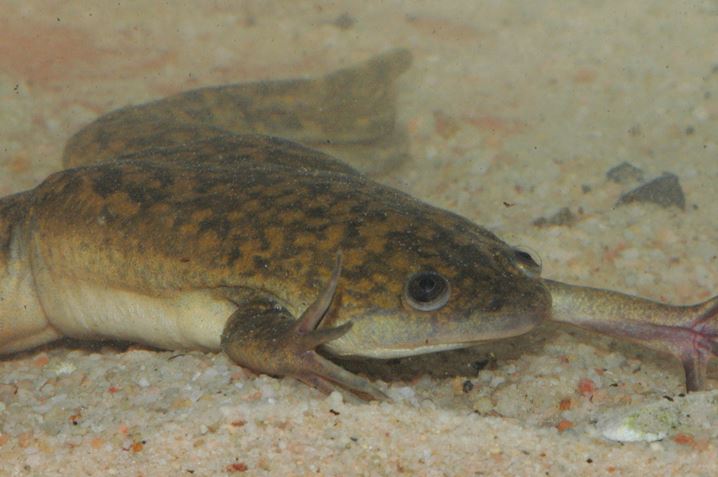
Exploring the Dispersal Patterns of Domestic Exotic: Xenopus laevis
he African Clawed Frog, Xenopus laevis, is one of the world's most widely distributed amphibian...
Read more
Differentiating the dietary niche of fish and aquatic frogs
The African Clawed Frog (Xenopus laevis) is one of the world's most widely distributed amphibians...
Read moreFunding Opportunities
|
NRF Freestanding Bursaries - South African Students only. Call usually closes in August each year. Visit the NRF website for more information. The South African NRF does hold some opportunities for collaborative funding. |
|
Claude Leon Foundation - This foundation funds both South African and foreign postdoctoral scientists, who should increase the volume and quantity of research output, transfer technical skills and generally enhance the research culture. |
|
The Royal Society in the UK |
|
Or you could consider crowdfunding your own project... |
Most of the funding for visiting academics will be from the visitor's own country. You should contact your research council and ask for South African bilateral funding possibilities.